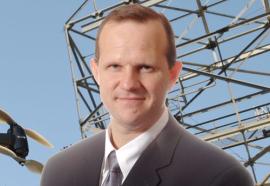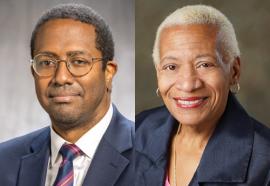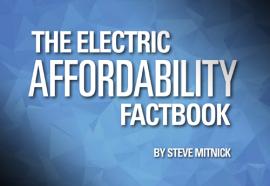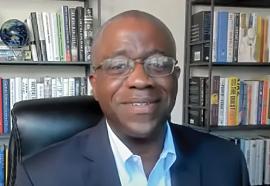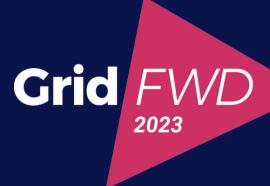Advanced Labs Help Electric Industry
Preparing for a Clean Energy Future
“EPRI, an independent, nonprofit energy research and development organization, owns and operates three world-class laboratories to evaluate new applications, technologies, and devices to conduct research across the energy spectrum, assisting stakeholders in addressing challenges and opportunities as part of the clean energy transition.”


